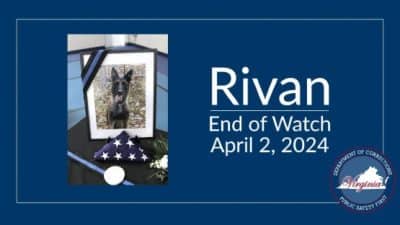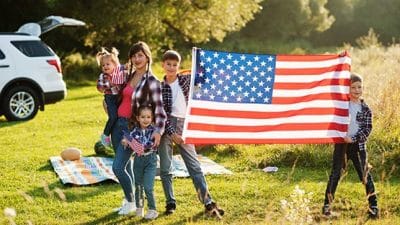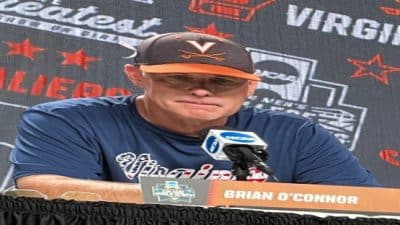
Attorney General Mark Herring has filed an amicus brief in Facebook v. Noah Duguid, a U.S. Supreme Court case that will determine the scope of the protections of the federal Telephone Consumer Protection Act.
This case is key to states’ ability to protect residents from scammers who use abusive robocall tactics to threaten and scam people out of their money.
“Robocalls have become a daily annoyance for most Virginians, but they can also be dangerous and could potentially scam someone out of hundreds or thousands of dollars,” Herring said. “It’s so important for Virginia and other states to be able to put policies in place that will protect residents from illegal robocalls, which is why I am urging the Supreme Court to block these robocall loopholes.”
The TCPA, enacted in 1991, generally prohibits the use of an autodialer or an artificial or pre-recorded voice to make a call to cell phone users. At issue in the case is whether autodialers include any device that can store and dial numbers automatically, or whether autodialers are limited to devices that use a random number generator.
In the brief, Herring and his colleagues side with the plaintiff, Noah Duguid, and argue that the TCPA applies to all kinds of devices that store and dial numbers automatically.
To narrow the definition of autodialers, as Facebook argues, would leave consumers unprotected under the TCPA. Narrowing the definition would also harm states’ ability to protect consumers under the TCPA and would limit collaboration among states and the federal government to take action against abusive robocallers.










